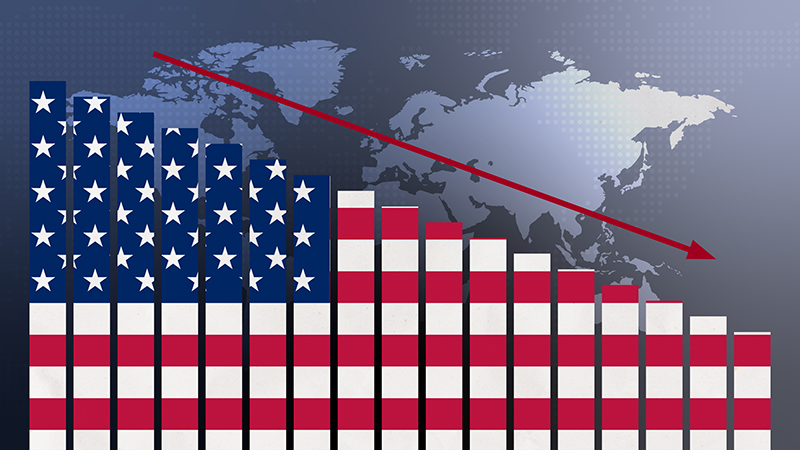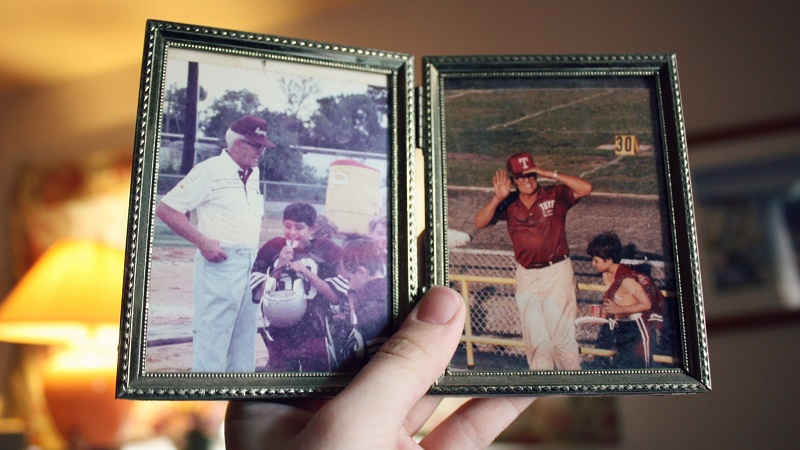Interesting but largely irrelevant is how fund selectors view academic research concluding that experiencing childhood trauma causes mutual fund managers to be more risk averse later in life.
The study by the Cambridge Judge Business School found fund managers who experienced the death or divorce of a parent before the age of 20 go on to take significantly less risk when managing their own funds – and invest in less “lottery-like” stocks.
The study, Till death (or divorce) do us part: early-life family disruption and fund manager behaviour, used federal and state records containing family background data for fund managers for US-based funds between 1980 and 2017 who were born in 1949 or earlier. The final sample contained more than 500 fund managers and 5,241 fund years.
Risk aversion strikes early
It found risk aversion is most pronounced when the trauma strikes during their most formative years (age 5-15), among fund managers whose widowed parents did not quickly acquire new partners, and in situations where there was not social support including religion-based networks.
Affected fund managers reduce total fund risk by about 17% relative to the sample mean, the study found. They also make smaller tracking errors and bet less during recessions on factors such as momentum and size – and are more likely to sell their stock if the Vix index goes up.
In addition, affected fund managers are more likely to avoid holding or sell stocks of firms in their portfolios that take risks, for example firms that experience CEO turnover or announce a merger.
Co-author of the report Raghavendra Rau, Sir Evelyn de Rothschild professor of finance at Cambridge Judge Business School, told Portfolio Adviser risk aversion following trauma is all to do with the anterior cingulate cortex located towards the front of the brain. This is involved in higher-level functions, such as attention allocation, decision-making, ethics and morality, impulse control and emotion.
“You lose your friend, you lose your parent, that’s the part of the brain which is affected,” Rau says. “That’s also the same part of the brain which is impacted when you’re taking risk and when you’re choosing when to take risk or not.”
Negligible performance difference
Interestingly, the study found no significant differences in risk-adjusted performance between treated and untreated managers. This is no surprise, adds Rau, because of the lower tendency of affected managers to avoid both upside and downside risks and hence their performance is similar to unaffected managers.
“These guys just stay closer to the index,” Rau adds. “Essentially, they don’t take big risks, but they don’t go on the downside either. So, the question you want to ask yourself is: what is it that you’re actually paying for? What does risk actually mean? At the end of the day, yes, you want performance, but was the guy lucky? Should he actually be given credit for what he did?”
Canaccord Genuity Wealth Management investment director Andrew Herberts likens this to his friend’s two different approaches to playing golf.
“Either he plays a conservative round, takes the percentages but not attempting the big shots or to get massive distance off the tee. Or he takes on everything, big drives, takes on the pin, goes for the magic shot over the recovery.
“Interestingly enough, his score on both approaches is remarkably similar. In the former he tends not to blow up, but equally he doesn’t get the birdies the latter approach offers. Though he gets fewer bogeys.”
Shore Financial Planning director Ben Yearsley adds: “Instinctively I like managers who outperform on the downside but lag on the upside as I imagine do most investors, as the overall ride is smoother.”
Useless information?
But fund selectors Portfolio Adviser contacted say while the findings highlight an interesting point around behavioural finance, there is only so far their line of questioning can go when it comes to digging into a fund manager’s background.
Yearsley says it’s likely true in all aspects of life that a childhood trauma leads to a more risk averse attitude to life, but as a fund selector the study does not offer any helpful information.
“It’s not as if you can ask a manager about his childhood or parents,” he says. “So, while interesting, it’s also useless information.”
AJ Bell head of active portfolios Ryan Hughes says it makes sense that behaviour and decision-making can be influenced by life events which lead one to be more or less risk averse.
He adds: “In our investment process we look to try and get to know our managers and understand how they think, although clearly there is a limit to how far you can take this when it comes to such personal information.”
GDIM investment manager Tom Sparke, who has a psychology degree, says an effect on personality is often put down to a ‘heightened stress response’, which can lead those affected down certain paths rather than others.
He adds: “Robin Ince, in his book I’m a joke and so are you, theorises that there may be a correlating link between childhood trauma and developing the sort of persona appropriate to comedy – this could be down to several urges including craving attention or approval.”
But while the study is interesting, Sparke says it has absolutely no bearing on his fund or manager selection process. “I think an overwhelming number of other factors would be more important than background, so I wouldn’t take any notice of it at all.”
Traumatic events go deep
Rau accepts it is sensitive and nigh-on impossible to ask a manager about their childhood or parents, but he says the point he is trying to make in the paper is it is important to realise fund managers are humans with behavioural biases.
“We have been told in the past that fund managers are professional people who have been trained to avoid behavioural biases, but there are some traumatic events that go so deep that regardless of the amount of training you take, you can’t get away from them.
“It is more a cautionary kind of thing rather than to say prescriptively, ‘Okay, this is the kind of fund manager you should have’.”











